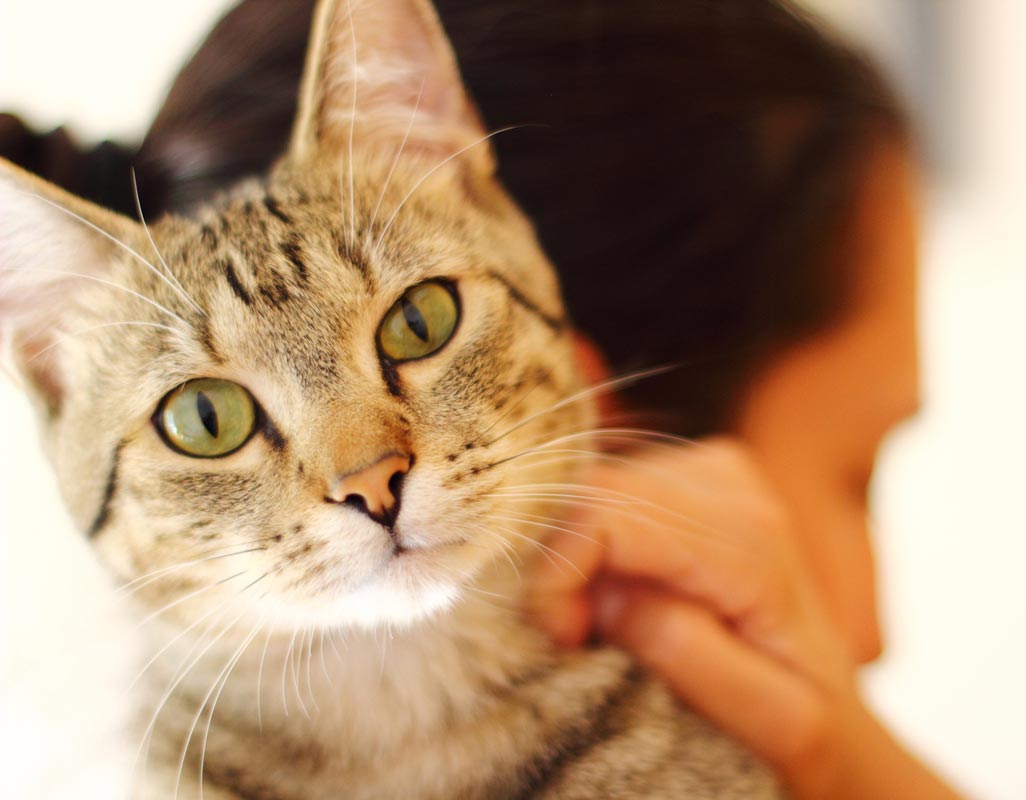Skin Culture and Sensitivity Testing in Cats

A culture and sensitivity test is performed on a cat when the veterinarian suspects a bacterial infection. It can be done on many areas of the body, including abscesses, urine, stool, and skin.
Culture and sensitivity tests can be extremely useful when investigating skin problems in cats, including ear issues.
Signs of a Skin Problem in Cats
When a cat is experiencing a skin problem, there are several signs that he might exhibit. The most common of these include:
- Pulling out the hair in particular spots
- Excessive licking or chewing at certain areas of the skin
- Red areas of skin
-
Swollen spots on the skin
- Bumps or raised lesions on the skin
When your cat exhibits signs of a skin problem, it's crucial that you take him to the veterinarian. The doctor will talk with you and take a complete history and then do a thorough physical exam. Once those are completed, he or she might be able to narrow the problem down to a few possibilities. Then, the doctor will probably want to do some testing to complete the diagnosis.
Some of the skin tests your vet might perform on your cat include:
- Examination under a black light
- Skin scraping
- Ear cytology (if the ears are involved and have discharge)
- Skin cytology
- Culture and sensitivity
How Is a Skin Culture and Sensitivity Test Performed?
A skin culture and sensitivity is a non-invasive test that does not require anesthesia to perform. The veterinarian collects samples of discharge, skin cells, and/or hairs in the area affected by the skin problem. That sample is placed on or spread around a petri dish and allowed to sit for several days to a week.
If growth appears on the petri dish, it is harvested and examined under a microscope to identify the type(s) of bacteria present. Once that's done, the organisms on the dish are challenged by tiny amounts of several different antibiotics, and their reaction to each medication is observed and recorded. This helps determine which antibiotic to choose for treatment of the cat's skin infection.
A sample collected by a veterinarian for a skin culture and sensitivity test is usually sent to a lab to be completed.
What Does a Skin Culture and Sensitivity Test Tell Your Vet?
This test tells a veterinarian which, if any, bacteria could be involved in a skin condition. It also provides information on which antibiotic(s) should be most effective in treating the infection.
If nothing grows on the culture, it can let the veterinarian know that bacteria is likely not involved in the skin problem and antibiotics won't help.
A skin culture and sensitivity test can fight the problem of antibiotic resistance because it tells a vet which antibiotics are unlikely to work on a specific infection. Killing the bacteria swiftly and thoroughly is a crucial part of decreasing antibiotic resistance, so when the wrong antibiotic is used against a bacterial infection, resistance can occur. Additionally, if bacteria are not part of the problem at all, antibiotic use should be avoided.
You May Also Like These Articles:
Skin Scraping: An Easy Diagnostic Test for Feline Skin Problems
Why Does My Cat Pull His Hair Out?
Why Do Some Cats Dip Their Paws in the Water Bowl?
Notice: Ask-a-Vet is an affiliated service for those who wish to speak with a veterinary professional about their pet's specific condition. Initially, a bot will ask questions to determine the general nature of your concern. Then, you will be transferred to a human. There is a charge for the service if you choose to connect to a veterinarian. Ask-a-Vet is not manned by the staff or owners of CatHealth.com, and the advice given should not delay or replace a visit to your veterinarian.





